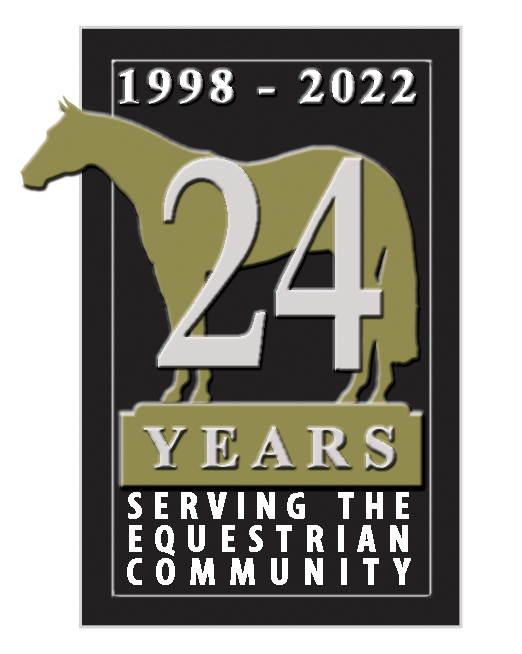Pet Talk – First Aid for Pets
March 12, 2010Pet Talk-Pet First Aid Kit and Emergency Care Information
‘Be prepared’ is good advice especially if there is an emergency. To be better prepared in a pet emergency, a pet first aid kit is beneficial.
“The biggest advantage for having a pet first aid kit would be so that you can concentrate on what you can do for your pet constructively rather than looking all over the place for something that might ‘work’ but is less than ideal,” notes Dr. James Barr, clinical assistant professor, Texas A&M University, College of Veterinary Medicine.
“The preparation of a pet emergency kit will allow you to mentally prepare for a problem,” says Barr. “A waterproof plastic bin is the perfect container as it will keep the items in it from being ruined so that they will be available in an emergency.”
Barr explains that ideally pet first aid kits should be kept at home and in your car. Then you can help your pets in case they are injured at home or one that might have been injured in the street. He notes that one of the most common injuries of pets is being hit by a car.
“There are commercial first aid kits available for pets,” Barr notes, “and some of the essentials would include: cohesive bandage/ACE bandage, assortment of bandages, burn gel, instant cold pack, emergency blanket, gauze pads, roll gauze, medical vinyl gloves, hydrogen peroxide, triple antibiotic packets, alcohol wipes, antiseptic wipes, slip-style leash, lubricating jelly, safety pins, bandage scissors, one-inch adhesive tape, tongue depressors, tweezers/forceps, and hand cleaning wipes.”
He suggests that a deluxe pet first aid kit would also include sterile eye/skin wash, sterile gauze pads, roll conforming gauze, 10 ml and 30 ml oral syringes, cotton swabs/applicators, digital thermometer, tick remover, and sting relief wipes.
“Be sure to include the phone numbers for your local veterinarian and emergency hospital that is open after hours in your area,” Barr says. “Additionally, the Animal Poison Control Center is available 24 hours a day, 365 days a year at (888) 426-4435.”
“First aid is not a substitute for veterinary care,” Barr stresses. “First aid implies there is at least second aid and the second aid should be your veterinarian.”
Depending on the emergency situation, a restraint may need to be used when working with an injured pet. “One must be very careful with injured pets because they are unable to communicate with us and us with them, they are often afraid. That fear is translated into aggression and pets can injure even the best meaning bystander because they are in pain,” explains Barr.
He notes that you should not try to restrain the pet at all, if possible, but in times of respiratory distress (difficulty breathing) it becomes critical that the pet not be stressed. Holding pets sometimes creates more stress. This should be balanced with the recognition that the pet be prevented from harming themselves further.
“A pet with spinal injuries needs to be restrained much the same way that a person should be restrained after what is suspected to be spinal trauma,” Barr states. He notes that instead of being on their back, it is helpful to have the pet on its side, taped to a rigid board so that its head and legs cannot move around.
In cases of poisoning, Barr explains that choosing to cause the pet to vomit the offending poison should not be standard procedure to treating poisoning of a cat. There are circumstances when this is a bad decision. You should always contact your local veterinarian or the pet poison hotline for instructions.
Barr says that if you, as a pet caregiver, are tempted to dispense human medicines to your cat or dog you need to know that any product containing acetomenophin should never be given to a cat. It is poisonous to them. Most of the over counter pain relievers, especially ibuprofen and naproxen, should not be used in dogs as they are very irritating to the stomach. Please, call your veterinarian with any medication questions.
Pet medical emergencies can be trying times, but with prior preparation, the situation can be less stressful.
ABOUT PET TALK
Pet Talk is a service of the College of Veterinary Medicine & Biomedical Sciences, Texas A&M University. Stories can be viewed on the Web at http://tamunews.tamu.edu/.
Suggestions for future topics may be directed to [email protected].


